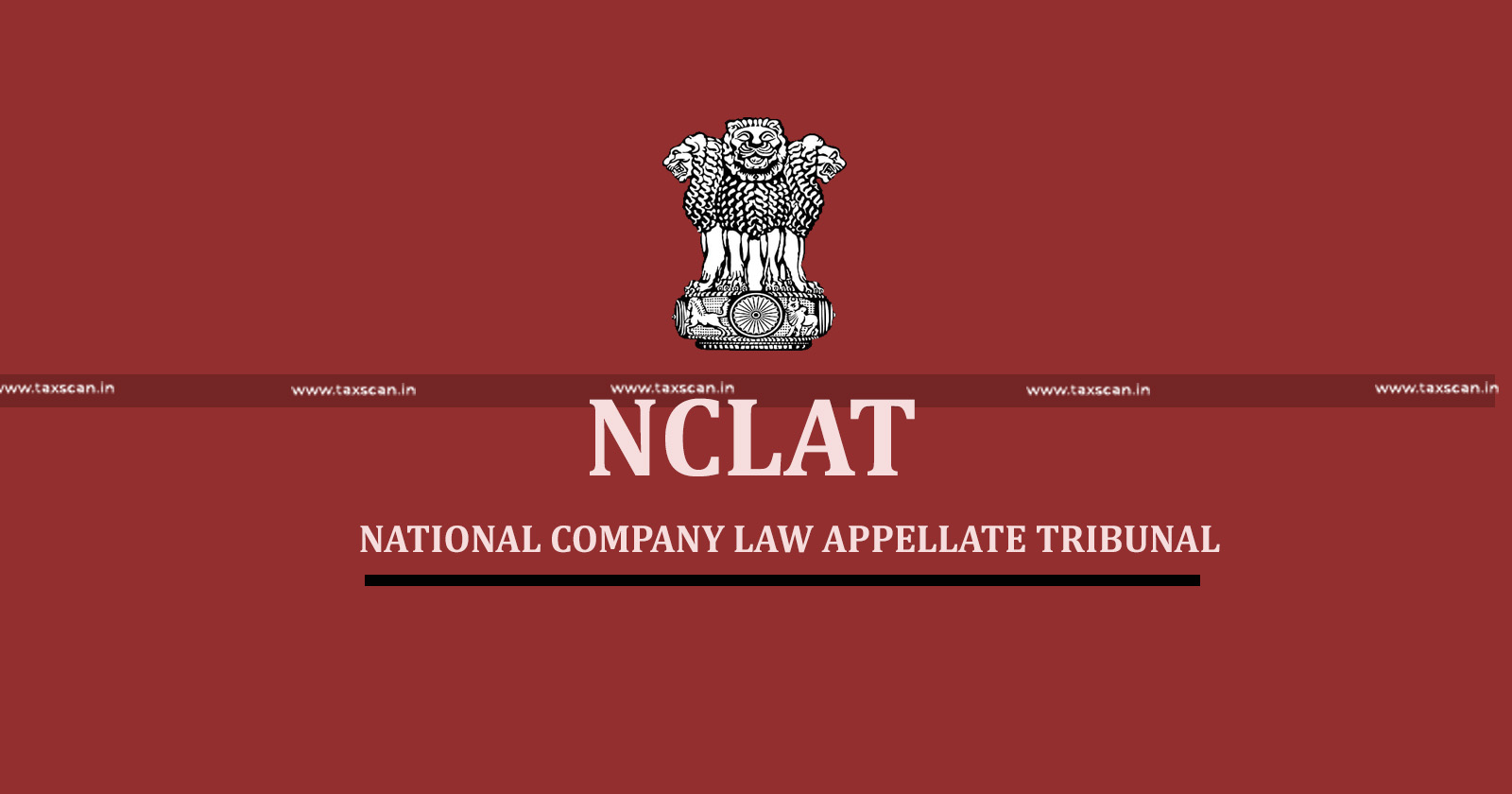S.95 IBC Plea Found Within Limitation Due to Debt Acknowledgment: Supreme Court Upholds NCLAT Ruling [Read Order]
The Court agreed with the NCLAT’s finding that acknowledgment of debt in the corporate debtor’s balance sheets, coupled with a clause in the guarantee deed linking such acknowledgments to the guarantor, extended the limitation under Section 18 of the Limitation Act
![S.95 IBC Plea Found Within Limitation Due to Debt Acknowledgment: Supreme Court Upholds NCLAT Ruling [Read Order] S.95 IBC Plea Found Within Limitation Due to Debt Acknowledgment: Supreme Court Upholds NCLAT Ruling [Read Order]](https://images.taxscan.in/h-upload/2025/07/21/2067018-ibc-nclat-nclat-ruling-taxscan.webp)
In a recent ruling, the Supreme Court of India, upheld the National Company Law Appellate Tribunal (NCLAT)’s decision holding that a Section 95 Insolvency and Bankruptcy Code (IBC),2016, application was filed within the limitation period, as the borrower’s acknowledgment of debt extended the timeline.
Vipin Shersingh Agarwal,appellant-assessee,had given a personal guarantee for credit facilities extended to Vistar Metal Industries Pvt. Ltd. by a consortium of banks, including SBI and Bank ofBaroda, through agreements dated 19.01.2013 and 17.12.2014. The guarantee deed was executed on 17.12.2014.
Later, three financial creditors filed a Section 7 application against the Corporate Debtor before National Company Law Tribunal (NCLT) Mumbai, which was admitted on 14.10.2019. A moratorium was imposed, and Mr. Atul Jain was appointed as IRP.
SBI invoked the guarantee through a notice dated 16.01.2017, demanding payment within 15 days, i.e., by 31.01.2017. On 09.09.2021, SBI issued another notice under Rule 7, which the appellant replied to on 25.02.2022. SBI then filed a Section 95 application, stating the date of default as 31.01.2017.
The tribunal admitted the application, holding that limitation would run from the notice dated 09.09.2021 and that the guarantee was duly invoked in 2017. The aasessee challenged these findings in appeal.
The bench dismissed the appeal, finding no merit in the issues raised. The assessee argued that the guarantee notice dated 16th January 2017 was sent to the wrong address. However, the tribunal noted that the assessee never denied receiving the notice and had only raised a technical objection. It held that the notice was validly received.
The tribunal also found that a second notice sent in 2021 to the same address was delivered by hand and accepted, further supporting that the earlier notice was received.
 Also Read:NCLAT Upholds Fraud Finding Against Former Director: Orders ₹3.18 Cr Contribution for Sham Transactions [Read Order]
Also Read:NCLAT Upholds Fraud Finding Against Former Director: Orders ₹3.18 Cr Contribution for Sham Transactions [Read Order]
On limitation, the NCLAT held that the default occurred on 31st January 2017, and the Section 95 application could be filed up to 31st January 2020. But since the Corporate Debtor had acknowledged the debt in its balance sheets, the limitation period got extended. The guarantee deed stated that any such acknowledgment by the borrower would apply to the guarantor as well.
Justice Pankaj Mithal and Justice K.V. Viswanathan found no merit in the appeal and dismissed it,noting that the acknowledgment of debt was not denied in the rejoinder and that the application was filed within the limitation period.
Support our journalism by subscribing to Taxscan premium. Follow us on Telegram for quick updates


